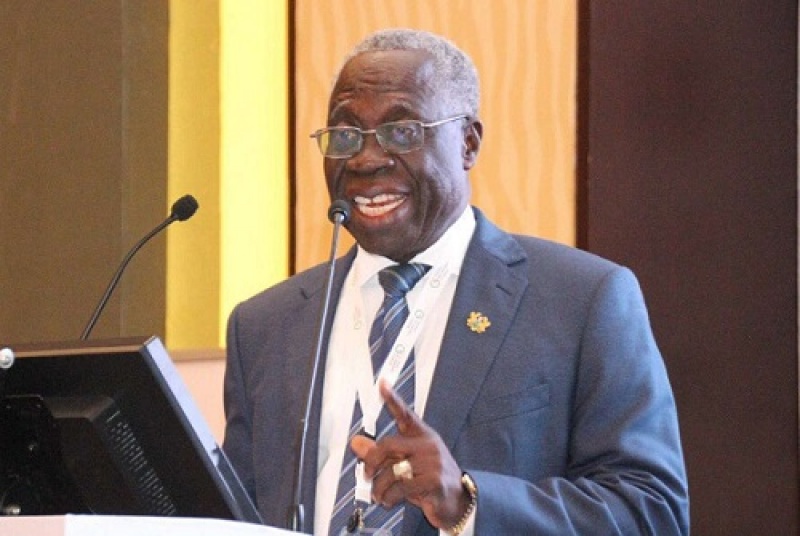
Senior Minister, Yaw Osafo Maafo, is leading Ghana’s delegation attending the World Bank/IMF Annual Meetings in Bali, Indonesia.
The meeting, which lasts from October 8-14, 2018, is expected to present government officials with investment opportunities as it seeks to promote the country’s growth plan to prospective investors.
The team, which includes Bank of Ghana (BoG) Governor Dr. Ernest Addison, is also expected to hold meetings with the IMF and World Bank, ratings agencies, bilateral partners and other multilateral organisations.
Other government delegates include the Deputy Minister for Finance, Charles Adu Boahen; First Deputy Governor, Dr. Maxwell Opoku-Afari; Chairman of the Finance Committee of Parliament, Dr. Mark Assibey-Yeboah; and some selected staff of the Ministry of Finance and Bank of Ghana.
“As Ghana seeks to exit the three-year Extended Credit Facility Programme with the Fund, these meetings will be crucial as government puts the 2019 budget together,” Dr. Assibey-Yeboah told B&FT in a phone interview from the meeting in Indonesia.
Analysts have predicted that Ghana’s cedi can hold its own against the dollar on the back of hard currency inflows from a US$1.3billion cocoa loan that is expected to boost the central bank’s interbank support capacity.
The cedi, which had been under pressure for weeks – mainly due to global factors, recouped some of its losses this week. It was trading at 4.9500 to the dollar compared with 4.9850 a week ago.
The country is in its final year of a US$918million deal with the International Monetary Fund (IMF). Working closely with the IMF, government is seeking to narrow the country’s fiscal deficit, which ratings agency Moody’s estimates will rise above 70 percent of Gross Domestic product by the end of December this year – and destabilise the local currency.
The Annual Meetings of Boards of Governors of the International Monetary Fund (IMF) and World Bank Group (WBG) bring together central bankers, ministers of finance and development, parliamentarians, private sector executives, representatives from civil society organisations and academics to discuss issues of global concern – including the world economic outlook, poverty eradication, economic development, and aid effectiveness.
Also featured are seminars, regional briefings, press conferences; and many other events focused on the global economy, international development, and the world’s financial system.
Source : thebftonline.com

































